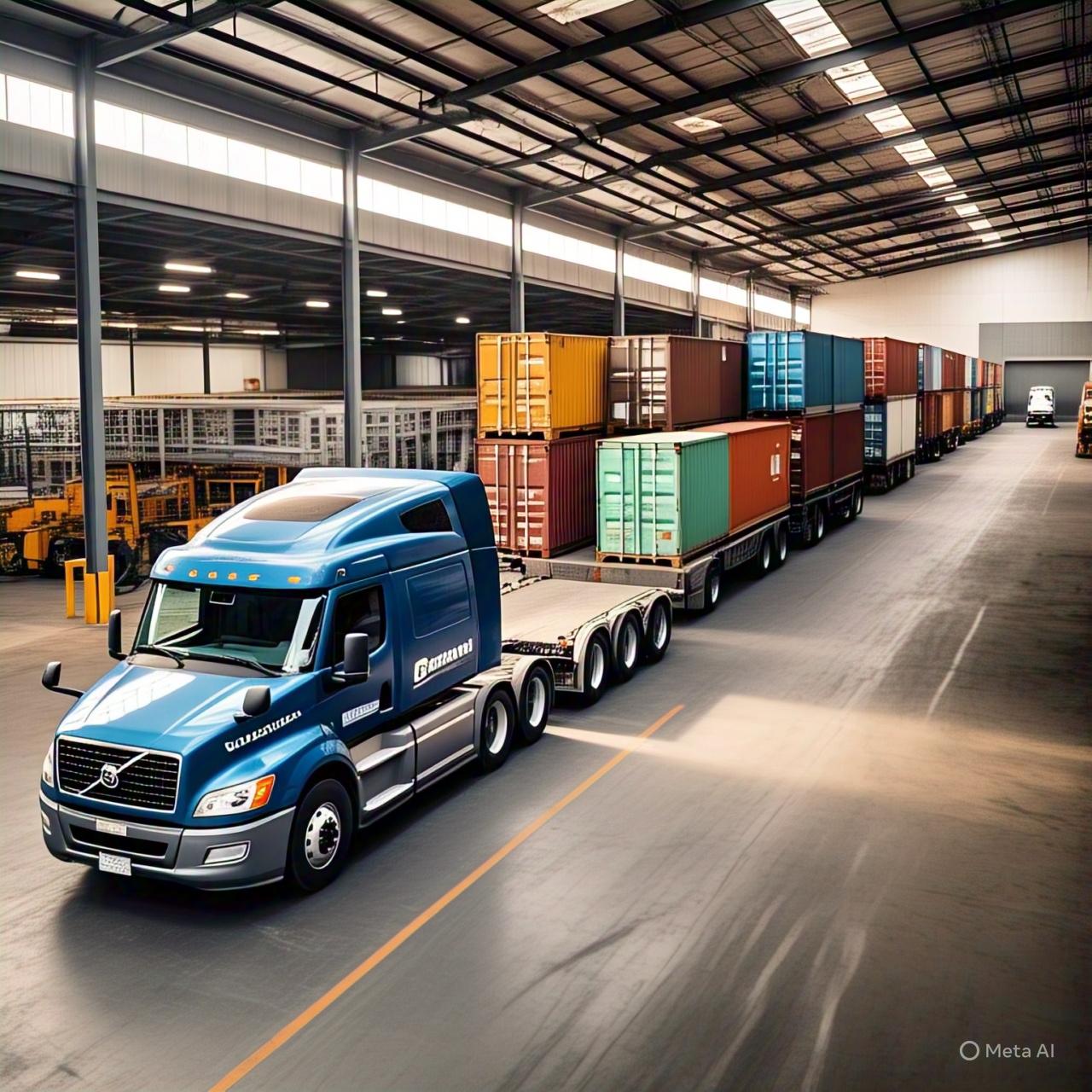A freight dispatch service acts as the logistical backbone between carriers (truck drivers or fleet owners) and freight brokers or shippers. Dispatchers are responsible for coordinating the movement of freight by finding loads, negotiating rates, planning routes, handling paperwork, and ensuring regulatory compliance.
Whether in-house or outsourced, freight dispatchers are trained professionals who maximize revenue per mile and minimize empty return trips—while freeing up truckers to focus on safe and timely deliveries.
Core Responsibilities of a Freight Dispatcher
1. Load Sourcing and Booking
Dispatchers monitor leading load boards and have direct broker relationships to find the best-paying freight based on your truck type, preferred routes, and availability.
2. Rate Negotiation
Experienced dispatchers understand the market and negotiate with brokers to secure competitive rates, fuel surcharges, and layover or detention fees.
3. Route Planning
Efficient routing helps avoid costly delays, reduces fuel costs, and increases on-time delivery rates. Dispatchers provide optimized routes with real-time traffic and weather analysis.
4. Compliance and Documentation
From BOLs (Bills of Lading) to carrier packets, IFTA reporting, and FMCSA regulations, dispatchers ensure you're always audit-ready and legally compliant.
5. Broker and Customer Communication
Dispatchers are the primary point of contact for shippers and brokers, managing pickup/delivery updates, rescheduling, and solving in-transit issues swiftly.
Who Needs Freight Dispatch Services?
Freight dispatching is ideal for:
-
Owner-Operators
-
Small and Mid-Sized Fleets
-
Hotshot Carriers
-
Box Trucks and Non-CDL Carriers
-
Flatbed, Dry Van, Reefer, and Power-Only Operators
Whether you’re just starting out or scaling operations, a dispatch service allows you to run a profitable trucking business without back-office overwhelm.
Benefits of Freight Dispatch Services
Maximized Revenue
A full calendar of well-paying, verified loads ensures less deadhead time and better gross revenue per mile.
Time and Stress Savings
With dispatchers handling paperwork, compliance, and communication, you get to focus on what you do best: driving and delivering.
Improved Broker Relationships
Professional dispatchers maintain consistent, long-term relationships with brokers, which leads to better rates and repeat business.
Compliance and Accuracy
Dispatchers ensure proper filing of IFTA, UCR, and carrier documents, helping avoid fines and legal issues.
Scalability
As your fleet grows, dispatchers streamline multi-truck operations, allowing for efficient load assignment and centralized coordination.
How Freight Dispatch Services Work
-
Carrier Onboarding
-
Sign a dispatch agreement
-
Submit active MC/DOT, W-9, insurance certificate, and truck details
-
-
Load Preferences Setup
-
Define preferred lanes, equipment types, schedule, and rates
-
-
Dispatch in Action
-
Dispatcher finds and books loads
-
Provides BOL, rate confirmation, pickup details
-
Manages communication with brokers and receivers
-
-
Invoicing Support (Optional)
-
Some dispatch services assist with billing or work with factoring companies
-
Freight Dispatch Pricing Models
Pricing varies by service level, number of trucks, and load volume.
-
Percentage of Load (5%–10%): Most common model where dispatchers take a cut from gross revenue
-
Flat Weekly Fee: Ideal for high-volume operators or dedicated routes
-
Pay-Per-Load: Great for occasional dispatching or mixed use with in-house resources
Always verify that the dispatch service offers transparent terms, no hidden charges, and no-force dispatch (you’re never obligated to accept a load you don’t want).
Industries That Benefit from Freight Dispatching
-
Retail and Consumer Goods
-
E-Commerce Fulfillment
-
Food and Beverage (Reefer Loads)
-
Construction Materials
-
Pharmaceuticals and Medical Supplies
-
Agriculture and Bulk Freight
-
Automotive and Manufacturing Equipment
Dispatchers match your truck with freight opportunities across multiple industries, ensuring diversification and steady cash flow.
Top Qualities to Look for in a Dispatch Service
-
Experience in your equipment type
-
Dedicated dispatcher per truck or fleet
-
24/7 support or extended hours
-
Broker/brokerage verification process
-
Knowledge of DOT/FMCSA regulations
-
Strong communication skills
-
Factoring-friendly workflow
Frequently Asked Questions (FAQ)
1. Do I need a dispatcher if I can book my own loads?
Yes, especially if you want to save time, increase efficiency, and scale operations. Dispatchers offer access to premium freight and expert negotiation.
2. Can I use dispatch services without an MC number?
Most dispatch services require an active MC authority, but there are services that support new authorities and walk you through setup.
3. Do dispatchers offer dedicated lanes?
Yes. Many dispatchers work with brokers offering repetitive lanes and long-term contracts for consistent revenue.
4. Is freight dispatching legal?
Absolutely—freight dispatching is legal as long as the service doesn't handle payment for freight or act as a broker without proper licensing.
5. Can I use a dispatch service part-time?
Yes. Many services offer flexible plans for occasional or overflow dispatch needs.
Conclusion:
In a logistics landscape defined by speed, compliance, and profit margins, freight dispatch services are no longer a luxury—they’re a necessity. A professional dispatcher helps truckers reduce downtime, negotiate better rates, streamline communication, and stay compliant with state and federal regulations.
Whether you're running your first truck or managing a growing fleet, a reliable freight dispatch service will help you build a stronger, more profitable trucking business. Visit For More: freightdispatchservices.com



